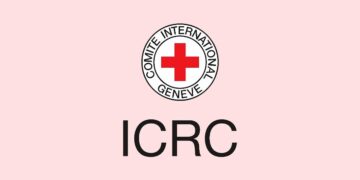As growing inflation is taking its toll on businesses in Gwallameji, a community at the outskirts of Bauchi metropolis, soaring prices force consumers to cut back daily consumption, especially on the sale of alcoholic beverages,
Findings revealed that local entrepreneurs and shop owners decry shrinking profits and reduced sales, as their customers tighten budget to prioritise necessities.
Manager of Cave Yard Lounge, Mr. Moses Yung, expressed the challenges his business faces. “Because we are close to the Federal Polytechnic Bauchi, the patronage we get now is not like before. Students and lecturers are trying to cope, but the numbers have dropped significantly,” he said, blaming it on inflation.
Mr Young mentions that some beers that were N800 now go for N1,500, a whiskey that was previously N20,000 now sells for N30,000, and a wine that was N10,000 is now N20,000.
“We sometimes have to reduce our prices just to keep customers, but it’s tough. Despite our efforts, we don’t make the same gains anymore,” he complained.
The experience is not unique to Cave Yard Lounge. Smaller beverage shops are also struggling to cope with the ripple effects of inflation. A small beverage vendor Mr. Abraham, shared his plight.
“The cost of living is really affecting our business.
Alcoholic drinks that cost N200 now sell for N600 and energy drinks we used to sell at N800 now go for N2,000. Our customers, mostly students and lecturers, prioritise food over drinks. So, sales have dropped drastically. We used to sell cartons of alcohol daily, but now we barely sell one carton a day,” he lamented.
The experiences of these vendors showed a growing trend in Gwallameji, where businesses relying on discretionary spending are being hit hard by inflation. Many have had to adopt survival strategies, such as slashing prices or offering promotions, but these measures often lead to reduced profits.
An economist and lecturer at Federal Polytechnic Bauchi Mohammed Uwais, explained the situation. “Inflation reduces consumers’ purchasing power, particularly for non-essential items like alcoholic beverages. Students, who are often on tight budgets, naturally prioritise basic needs such as food and accommodation over leisure activities. Businesses that depend heavily on discretionary spending are the first to feel the pinch.”
Uwais also warned of the long-term implications. “It’s a challenging time for small businesses in Nigeria, and government intervention, such as subsidies or financial relief programmes, may be necessary to ease the burden,” he said.











